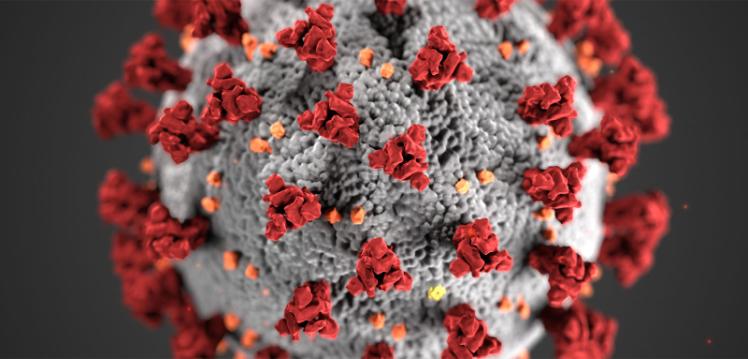Latest updates

HEALTH | 8 July, 2025
A new large-scale study led by researchers from Queen’s University has shown that combined wastewater testing and testing of individuals is the most effective way to track SARS-CoV-2, the virus that causes COVID-19.

HEALTH | 20 January, 2025
A research team from Queen’s University Belfast has mapped the introduction and spread of the SARS-CoV-2 virus across Ireland using genetic networking techniques.